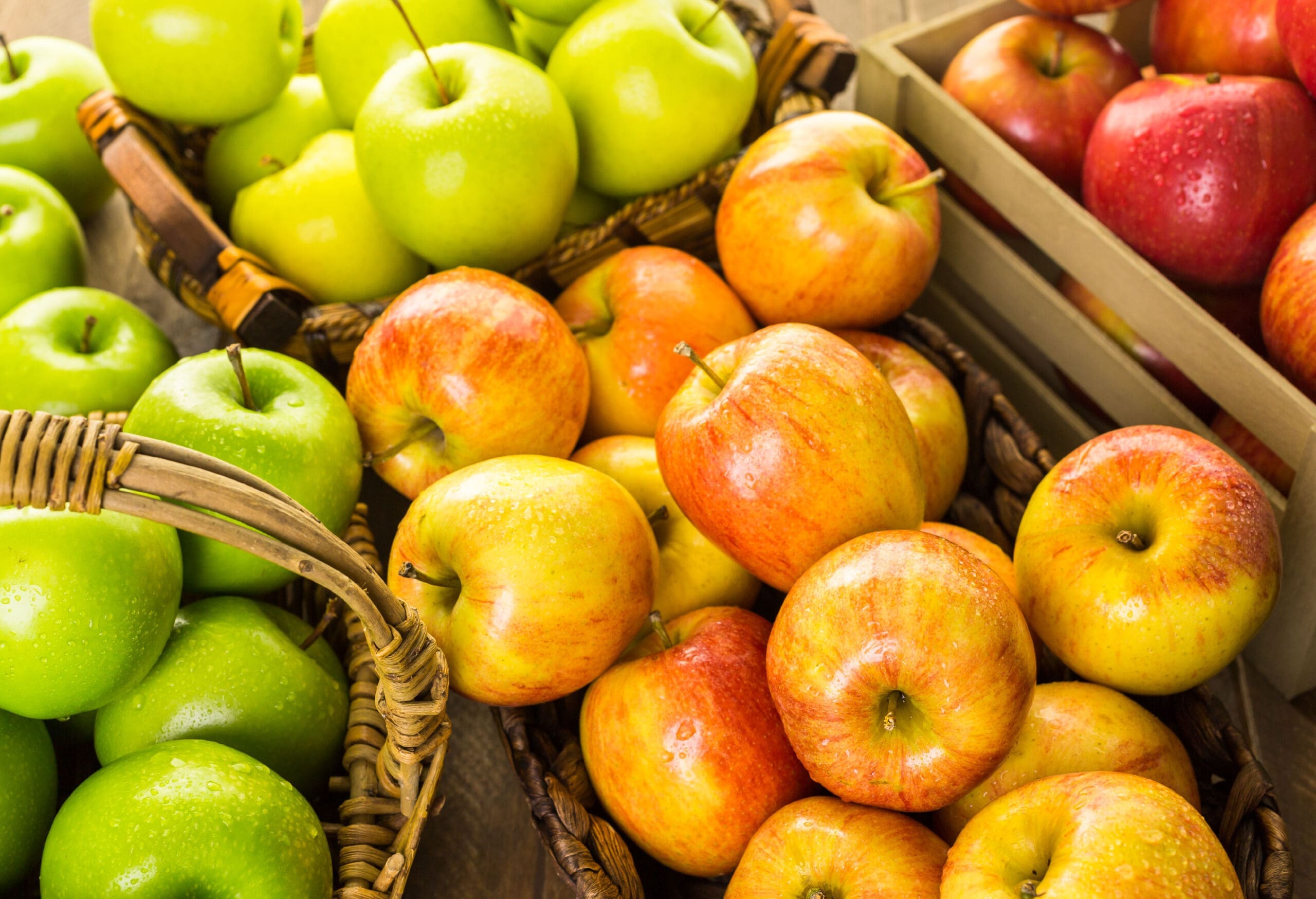Food-derived clothing, also known as biofabrics, is one of the potential answers to the pollution and waste problems that face the fashion industry as well as the surrounding communities that are dependent on the fashion industry for their livelihood. In addition to reducing pollution and the use of an excessive amount of chemicals, biofabrics, particularly those that are created from food waste, are much easier on the environment.
Textiles made from apple trash are supposed to be completely biodegradable and recyclable, which is a plus in our view, even though we consider any product that upcycles waste material to be beneficial. The fact that the finished product looks and feels just like any other clothing demonstrates that the use of sustainable materials is entirely possible without affecting the garment’s overall quality or its attractiveness.
Every single manufacturing activity is now subject to the scrutiny of sustainability as a result of the worrisome level of greenhouse gases in the environment, the rapidly diminishing natural resources, and the growing level of industrial effluents. When all types of garbage, including clothing, furniture, carpets, TVs, shoes, paper, food waste, and other types of waste, end up in a landfill, only a small fraction of those waste items are organically destroyed, and as a result, the vast majority of those waste items continue to be non-biodegradable. Because of this, efforts are being focused on reducing the burden placed on the environment by this trash, and in the case of worn textile items, there are currently initiatives to recycle or upcycle them.
More than 7.6 million metric tonnes of food are thrown away each year in Australia alone, which results in an economic loss of approximately $36.6 billion and the emission of 17.5 million metric tonnes of greenhouse gases. Researchers from the Recycling and Clean Energy Commercialization Hub (REACH) at Deakin University have worked with the Japanese business Jet Technology to find a solution to the landfill catastrophe that is plaguing Australia. This solution involves recycling organic waste into useful items, such as the conversion of apple trash into organic textiles.

